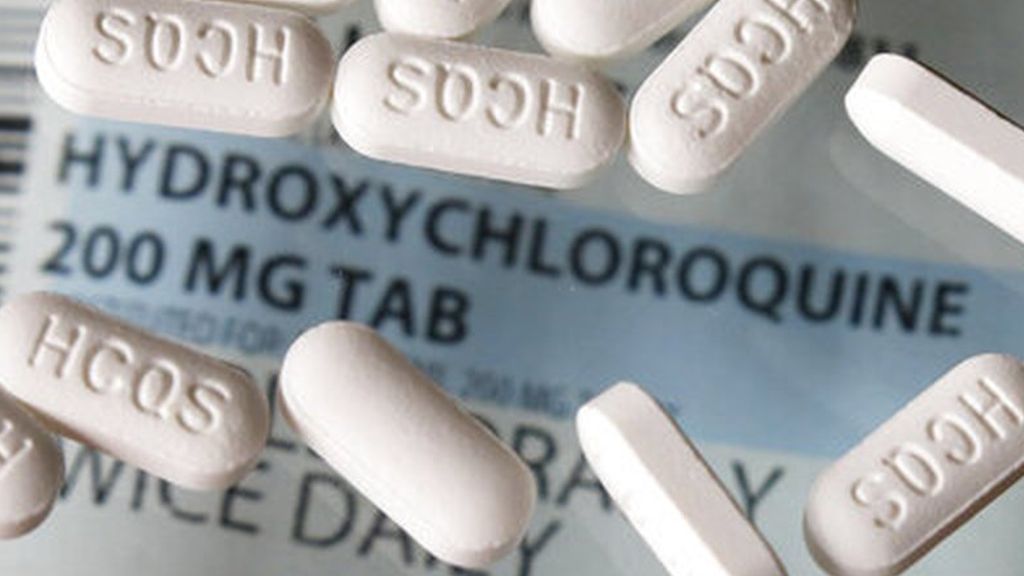A new study has found that the use of weight-adjusted Hydroxychloroquine (HCQ) and Azithromycin (AZM) improved the survival of ventilated COVID-19 patients by nearly 200 percent.
The observational study, which has not yet been peer-reviewed, was based on a re-analysis of 255 patients on invasive mechanical ventilation (IMV) during the first two months of the pandemic in the United States.
The researchers found that, when the HCQ/AZM combination was given at lower dosages to treat ventilated COVID-19 patients, the risk of death was over three times higher.
“We found that when the cumulative doses of two drugs, HCQ and AZM, were above a certain level, patients had a survival rate 2.9 times the other patients,” the authors of the study noted.
“By using causal analysis and considering of weight-adjusted cumulative dose, we prove the combined therapy, >3 g HCQ and > 1g AZM greatly increases survival in COVID patients on IMV and that HCQ cumulative dose > 80 mg/kg works substantially better,” they wrote.
While the authors acknowledged that, since patients with higher doses of HCQ had higher doses of AZM, they “cannot solely attribute the causal effect to HCQ/AZM combination therapy.”
“However, it is likely AZM does contribute significantly to this increase in survival rate. Since higher dose HCQ/AZM therapy improves survival by nearly 200 [percent] in this population, the safety data are moot,” they added.
Hydroxychloroquine—an anti-inflammatory and anti-malarial drug—has been one of the most contested treatments for COVID-19 throughout the pandemic.
The drug was approved by the Food and Drug Administration (FDA) in 1955 to treat and prevent malaria. It is also prescribed for lupus and rheumatoid arthritis.
While the FDA initially granted HCQ an emergency use authorization (EUA) to treat COVID-19 in March 2020, the agency revoked it on June 25, 2020, because data suggested it was “unlikely to be effective in treating COVID-19” and that its potential risks outweighed the benefits.
BY TOM OZIMEK





